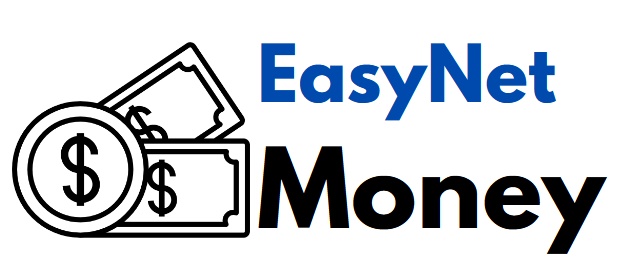On Wednesday, investors were dealing with yet another day of inflation news, as the US data turned out to be stickier than expected, which pushed up the dollar and brought down the stocks.
Meanwhile, the British pound tumbled after data showed there was a slowdown in British inflation.
The impact
Asian markets were mostly focused on the impact on global interest rates after the US consumer inflation data of 6.4% on Tuesday.
As far as European markets were concerned, they were more focused on UK inflation numbers, which showed that it had eased from 10.5% to 10.1%.
This saw a sterling drop to below $1.21 against the US dollar and 10-year Gilt yields also recorded their biggest drop in two weeks, but bond yields had recorded two sizable increases in the last two sessions.
There was also a drop in oil prices over demand concerns and banking shares also tanked, as Barclays, which is one of the biggest UK lenders, saw an 8% drop in its shares after disclosing a number of problems.
There was also a 2% drop in Kering after the Gucci owner disclosed its results. But, there was not a lot of change in European stocks as telecom and tech sectors recorded gains of 0.4% to 0.5%, as well as auto and chemical firms.
The economists
According to market economists, the UK inflation data would come as a relief for the rate setting committee of the Bank of England (BoE).
This week also saw strong wage data, as it grew more than expected for the 12th month in a row, but it indicated that inflationary pressures were still strong.
The economists said that interest rates need to rise to at least 4.5% in order to bring inflation down to its target in the next few quarters.
Even though the European economy has proven to be resilient, the 47-country MSCI’s world index was in the red by 0.2% and the S&P 500 markets also indicated that Wall Street would close lower.
More reactions
On Tuesday, the headline inflation in the US rose 6.4% in January, which was 0.2% higher than what had been predicted.
This resulted in a sell-off in the bonds market as well as Fed fund futures because this dimmed hopes of rate cuts later in the year.
According to Fed funds futures, the interest rate will peak at 5.2% halfway through the year and will end the year at 5%.
Wednesday also saw the Turkish stock index rise by 10%, after it had remained closed for five days because of the devastating earthquake in the country.
A series of measures were introduced by the Turkish authorities on Tuesday for supporting the market, which includes encouraging pension funds to purchase stocks.
There was a 1.4% drop in the broadest MSCI index of Asia-Pacific shares excluding Japan and the share average of Japan’s Nikkei index also declined.
Markets had started the year strong, but analysts are now gearing up for a retracement. The equity markets are expected to see some degree of moderation now.

